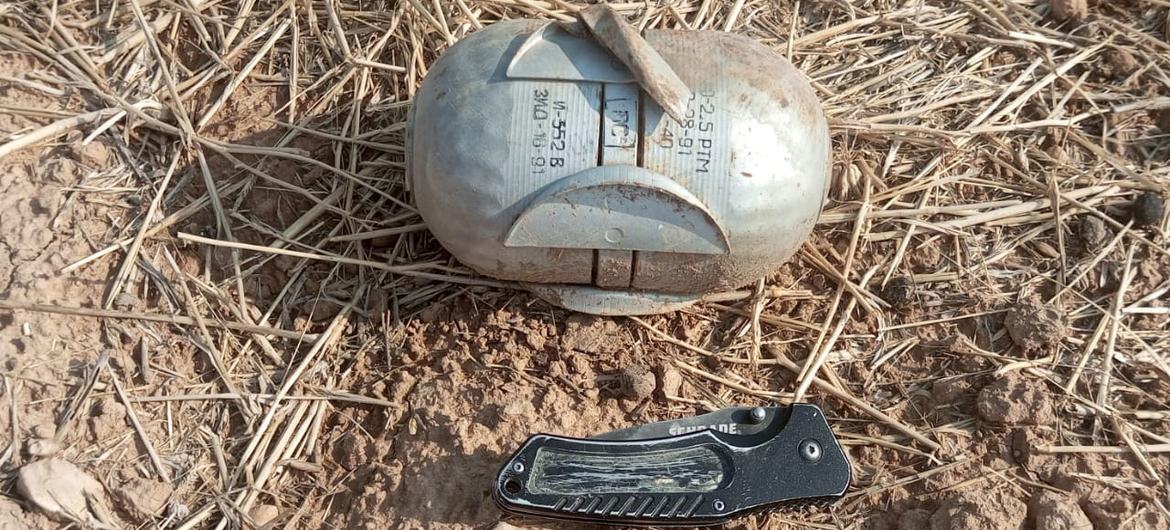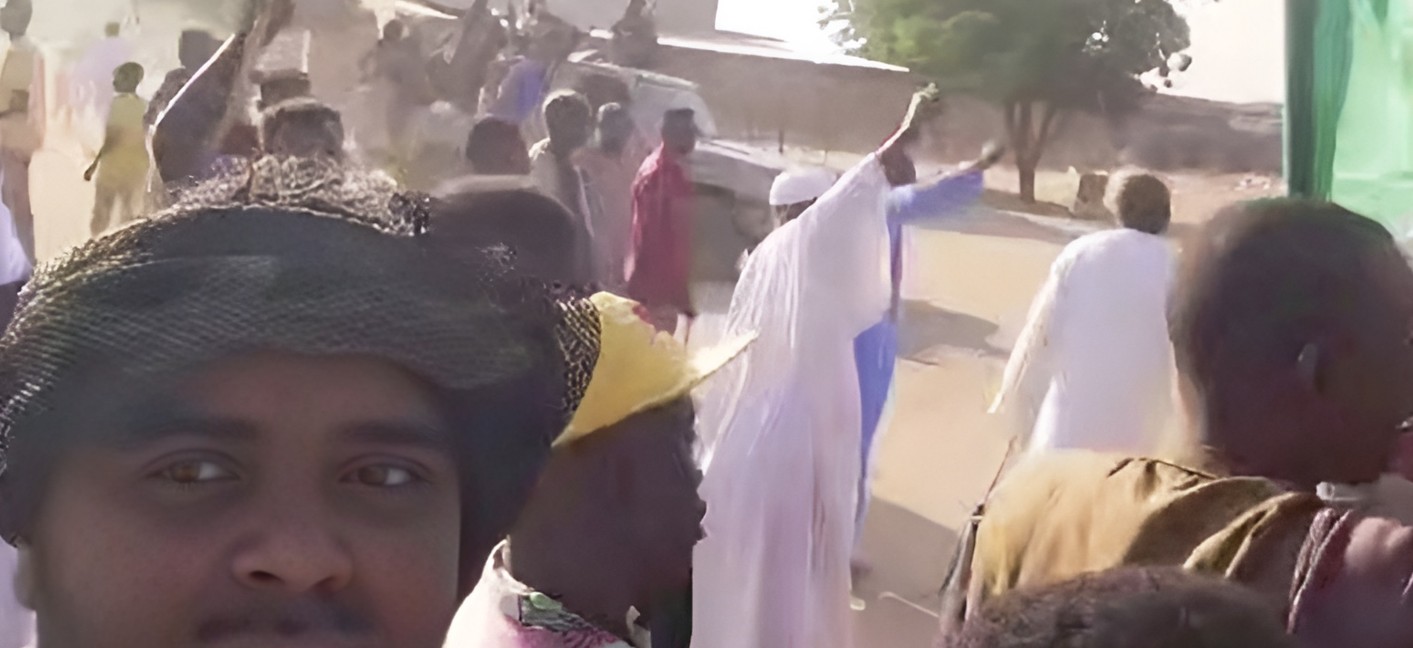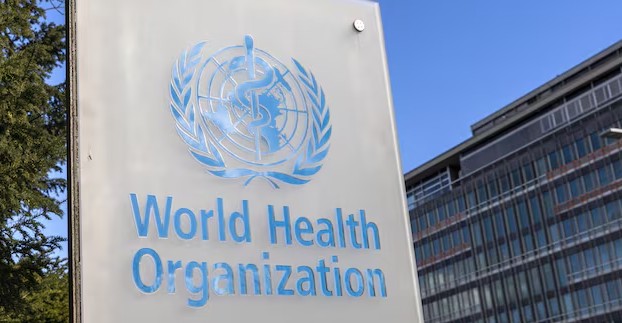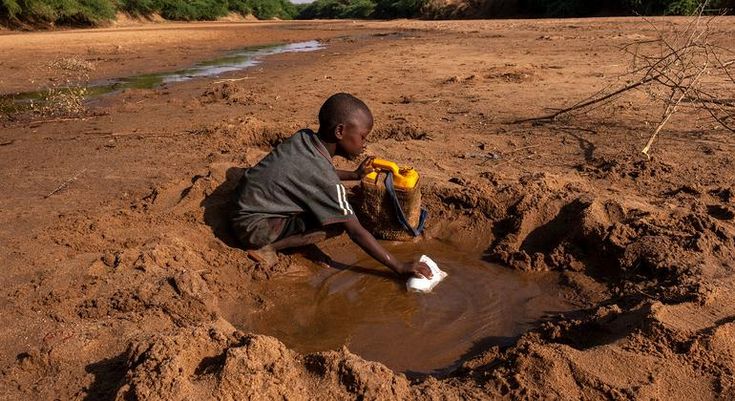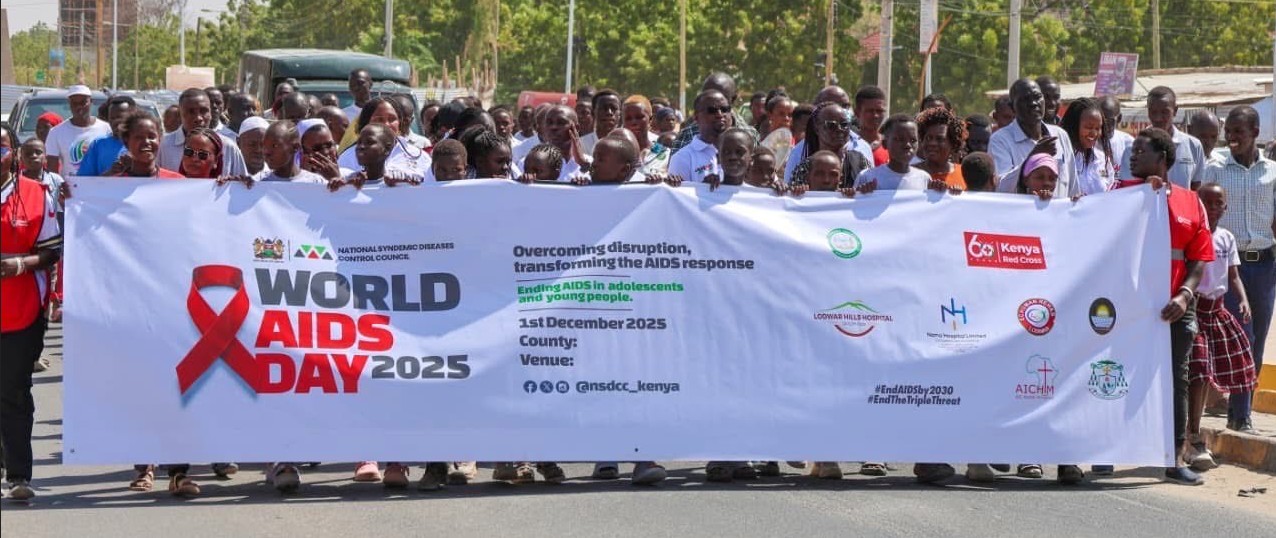IGAD urges precautions ahead of floods, heat stress in South Sudan
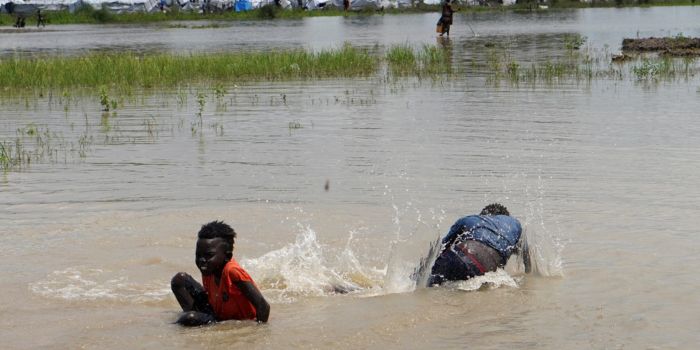
Riverine flooding is expected in parts of Jonglei, Lake State, Unity, Upper Nile, and Central Equatoria, while dry spells are anticipated in parts of Northern Bahr El Ghazal.
The IGAD climate centre has outlined measures South Sudan must take to mitigate anticipated flooding and heat stress, which could lead to displacement, disease outbreaks, and increased vulnerability across the country.
The report, titled "Summary for Decision Makers on Seasonal Forecast: June to September 2024," predicts above-normal rainfall and warmer-than-normal temperatures across much of the Greater Horn of Africa.
More To Read
- Kenyan journalists celebrate climate reporting wins at IGAD Media Awards 2025
- IGAD ministers renew regional pact on refugees as Kenya demands fair burden‑sharing
- Kenya’s refugee population hits 860,000 as State pushes integration plan
- IGAD rallies region to tackle deepening displacement crisis amid funding cuts, conflict
- Daua Dam, irrigation masterplan gain momentum after high-level talks in Nairobi
- IGAD leads new push for Peace in Sudan as regional and global partners back three-step plan
Riverine flooding is expected in parts of Jonglei, Lake State, Unity, Upper Nile, and Central Equatoria, while dry spells are anticipated in parts of Northern Bahr El Ghazal.
"This is the main rainfall season for South Sudan. Floods and heatwaves are expected over most parts of the country," IGAD stated.
To address these challenges, South Sudan was advised to disseminate early warnings to at-risk communities, strengthen dykes and flood defence mechanisms, establish evacuation centres, and provide health education.
Enhanced rainfall in central and eastern parts of the country will improve moisture for crop and range land production, according to ICPAC. However, there is likely to be an increase in human, crop, and livestock diseases, as well as waterborne pests associated with increased rainfall and warmer temperatures.
The regional climate centre predicts a surge in malaria, acute watery diarrhoea, and ongoing yellow fever cases in Western Equatoria.
Authorities were urged to preposition anti-malarial drugs and diagnostic tests, ensure clean water access, and conduct vaccinations and disease surveillance.
Floods are expected to cause displacement in Jonglei and Warap, exacerbating the humanitarian situation for internally displaced persons and increasing conflict between IDPs and host communities.
Areas around the Ilemi Triangle in Eastern Equatoria may experience resource competition due to weather pattern variability, while Aweil and neighbouring areas in the Bahr El Ghazal region could see an influx of Mesiriya from Sudan, leading to tensions and conflicts over resources.
Authorities were advised to identify potential IDP hosting areas, engage local peace committees, and implement existing resolutions to ensure peaceful coexistence among communities.
Top Stories Today
